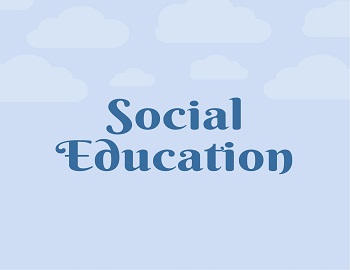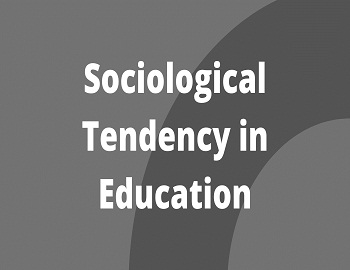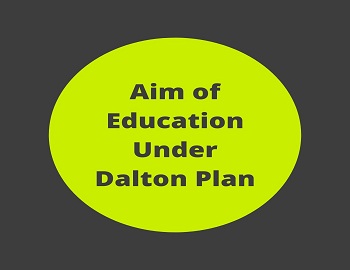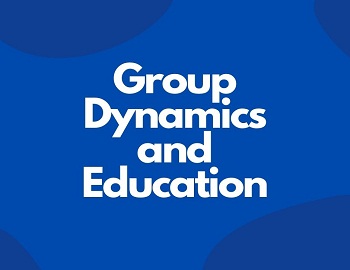Table of Contents
Assessment of Idealism:
Proper assessment or evaluation of idealism will be possible only when one reviews its merits and demerits in detail. Let us study its merits first.
Merits of Idealism:
(1) The contribution of idealism to educational thought and practice is solid and profound. It has given direction, purpose, and goal to the life of man by providing quite a few lofty aims of education.
(2) It is only in this philosophy where a detailed exposition of aims has been emphasized as the curriculum, methods of teaching, the role of the teacher, and techniques of evaluation are all determined through a chain process depending on the aims of education.
(3) Idealistic education emphasizes the inculcation of the highest values of life namely, Truth, Beauty, and Goodness. This makes life and education purposeful and worth striving for. Such an education, ultimately, leads to the development of the moral character of the child.
(4) While emphasizing the mental and spiritual life of the man it has not neglected his physical, social, and material aspects. Such an education aims at the perfection of the individual.
(5) By giving a higher place to the mental and spiritual than the physical world idealism has elevated man from animal man to “ideal man”.
(6) Idealism holds that every human being must receive a chance to be educated for his self-realization by his own efforts. Hence it promotes universal education.
(7) Education according to idealism is ideal-centred. The teacher is assigned a very important role. His personality becomes the single most important influence in the child’s learning experience.
(8) Idealism emphasizes the principle of self-discipline, This principle leads to the fullest development of the “self of an individual”.
(9) Because of the idealistic philosophy of education the school has grown into an important social organization.
(10) Idealism has exercised an indelible and enduring influence on the mind of man throughout the ages. As such many educational schemes and plans had their beginning in idealism.
Demerits of Idealism:
(1) Idealism is an abstract and vague doctrine, a visionary utopia. It avoids the present realities and prepares the child for the next world. Moreover, the spiritual theory of the spiritual universe is outmoded in the prevailing scientific world.
(2) It supports dogmatic and superstitious beliefs. It, thus, underrates the study of Science and Technology and is inimical to experimental methods of learning.
(3) It lays more emphasis on thinking and mental activities. This increases the importance of intellectualism unnecessarily.
(4) Idealism lays emphasis on giving knowledge, which is likely to turn educational institutions into information seekers’ workshops. It is not liked by present-day progressive educationists, scientists, and even by psychologists.
(5) Idealism gives more importance to the teacher in relation to the child. Modern psychology considers a child as the pivot around which the whole process of education should revolve.
(6) Idealism is criticized as a rigid and dogmatic philosophy due to the fixed aims of education advocated by it, as the aims of education change from age to age and from place to place.
(7) Its contribution to methods of teaching is insignificant.
(8) Idealism lays much emphasis on good manners and modesty. It may be mistaken for diffidence.
(9) Idealistic education puts more premium on the invention of models while the present younger generation prefers invention, verification, and originality rather than imitation.
(10) Idealism in its totalitarian form is against the interest of the individuals. It glorifies the state to the level of a metaphysical entity, high above individuals and groups.
The above discussion clearly shows that idealism has merits as well as demerits. In the present world of today, which is full of stresses, strains, conflicts, envies, and material struggles, the need of idealistic education is greatly essential for the peaceful living of human beings devoted to social, good, and national welfare. However, if a harmoniously balanced personality is to be the result of education, it must be religious, moral, intellectual, and aesthetic. It must also look at the physical and social aspects of man’s Life.









Comments (No)